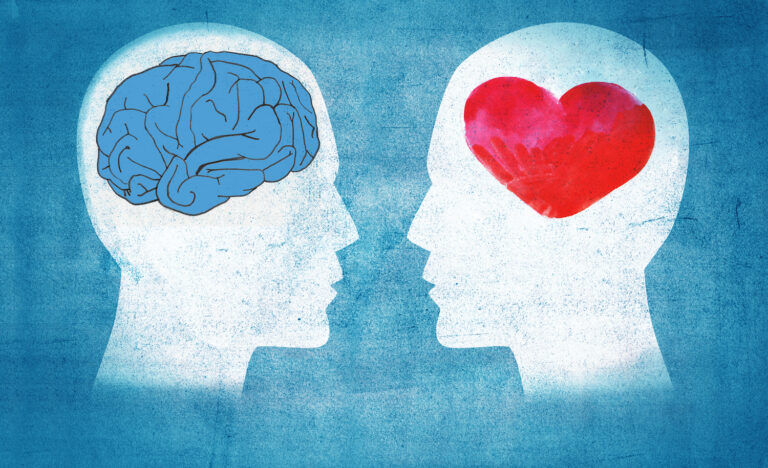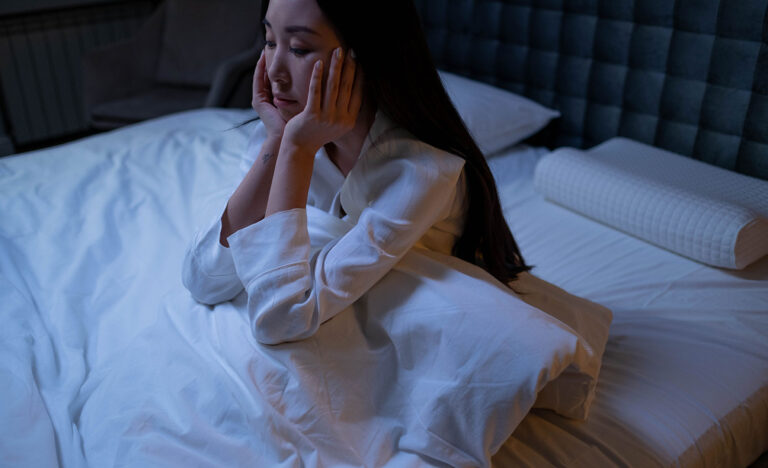The Difference Between Introverts, Empaths, and Highly Sensitive People
Although they share some similar traits, they’re not the same.

Although they share some similar traits, they’re not the same.

Highly sensitive people may be the “varsity players” of emotional intelligence. Can it make them more successful, too?

Is the HSP brain the most powerful social machine in the known universe?

Highly sensitive people are wired to soak up emotions. Here’s what to do when it goes wrong.

Highly sensitive people like to think things through instead of making rash decisions — but it’s more complex than it sounds. Here’s why.

Certain types of noise do the opposite of overstimulation, supercharging your HSP gifts. Here’s how to try it yourself.

Many HSPs have been trained to “deal” with their pain by grinning and bearing it – but does this mean they have poor pain tolerance?

The same genes that make you a highly sensitive person may also give you a powerful evolutionary advantage.

Are highly sensitive people actually “better” at becoming happy? A recent study says yes — here’s how.

Scientists don’t include sensitivity in the ‘Big 5’ personality traits. They might be making a mistake.

Most HSPs have been told they’re “too in their heads.” Here’s how to use that to your advantage.

“Coherent breathing” slows the breath to around five breaths per minute and can help you (finally) get to sleep.
Join the HSP Revolution. One email, every Friday. Our best posts.